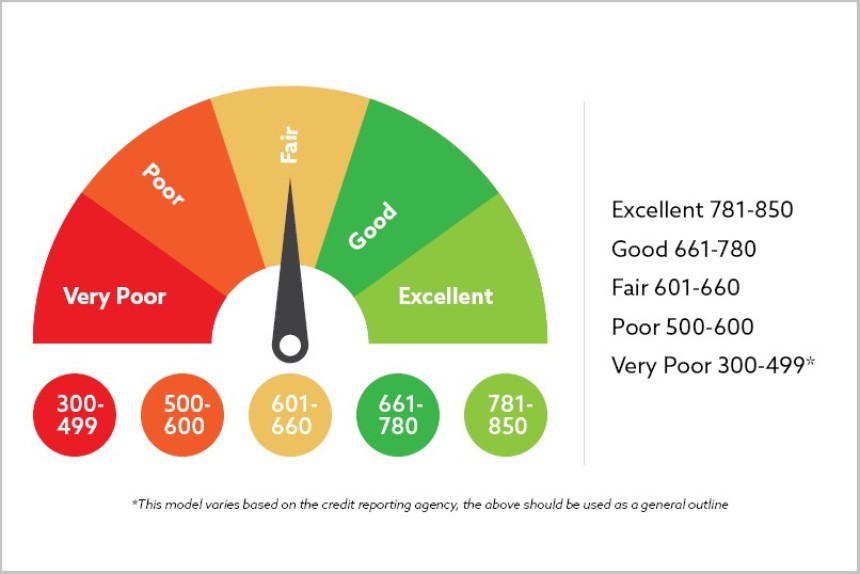
How Many People Have A 800 Credit Score?
Less than 1% of the U.S. population has an 800 credit score. Achieving this score means you have great utilization, age, payment history and mixture. See their profile.
A credit score of 800 or higher is considered excellent and signifies a strong credit history. Achieving this level of creditworthiness is relatively rare, as it requires a combination of responsible financial behavior, including timely payments, low credit utilization, and a long history of managing credit effectively.
Overview of Credit ScoringCredit scores, which typically range from 300 to 850, are used by lenders to assess the risk of lending money to an individual. The scores are calculated based on several factors, including:
- Payment History (35%): This is the most significant factor and includes on-time payments on credit cards, mortgages, and other loans.
- Credit Utilization (30%): This refers to the ratio of your current credit card balances to your credit limits. A lower ratio indicates better credit management.
- Length of Credit History (15%): A longer credit history provides more information about your credit management skills.
- Types of Credit in Use (10%): Having a mix of credit types, such as credit cards, mortgages, and installment loans, can be beneficial.
- New Credit (10%): This includes recent applications for credit and newly opened accounts, which can impact your score temporarily.
While exact numbers can vary slightly based on different credit reporting agencies and studies, achieving an 800+ credit score is relatively uncommon. Here’s a closer look at the distribution:
- Credit Score Distribution: According to data from FICO, which is one of the primary credit scoring models, about 20% of consumers have a credit score of 800 or above. This figure can vary slightly depending on the data source and time period.
- Consumer Data: As of recent reports, there are approximately 1.6 million people in the United States with a FICO score of 800 or higher. Given that the U.S. adult population is over 250 million, this constitutes a small but notable percentage.
Reaching a credit score of 800 or more generally requires a combination of the following:
- Consistent Payment History: Maintaining a perfect or near-perfect record of on-time payments for all credit accounts is crucial.
- Low Credit Utilization: Keeping credit card balances low relative to credit limits helps demonstrate responsible credit management.
- Long Credit History: The longer you’ve had credit accounts in good standing, the better. A long credit history provides more data points for the credit scoring models to assess.
- Diverse Credit Types: Having a mix of credit types, including revolving credit (like credit cards) and installment loans (like mortgages or auto loans), can positively influence your score.
- Limited New Credit Applications: Frequent credit inquiries can negatively impact your score. Therefore, having few new credit accounts and credit inquiries helps maintain a high score.
Achieving a credit score of 800 or above can provide several financial benefits:
- Lower Interest Rates: Lenders are more likely to offer the best interest rates on loans and credit cards to those with excellent credit scores.
- Better Credit Card Offers: Individuals with high credit scores often receive credit card offers with better rewards, higher limits, and lower fees.
- Easier Approval for Loans: With a high credit score, you are more likely to be approved for mortgages, auto loans, and other types of credit.
- Enhanced Negotiation Power: A high credit score can give you leverage to negotiate better terms on loans and credit agreements.
For those who have achieved a credit score of 800 or more, maintaining it requires ongoing attention to financial habits:
- Continue Paying Bills on Time: Timeliness in payments remains the cornerstone of maintaining a high score.
- Keep Credit Utilization Low: Aim to use less than 30% of your credit limit, and ideally lower, to show responsible usage.
- Monitor Credit Reports: Regularly check your credit reports for any errors or discrepancies that could negatively impact your score.
- Avoid Unnecessary Credit Inquiries: Limit the number of new credit applications and hard inquiries to avoid potential drops in your score.
- Manage Credit Wisely: Keep old accounts open and manage new accounts responsibly to maintain a long credit history and a diverse credit profile.
While reaching a credit score of 800 is an impressive achievement, there are several challenges involved:
- Economic Conditions: Economic downturns, job loss, or unforeseen expenses can impact your ability to maintain a high credit score.
- Credit Changes: Major life events, such as buying a home or car, can lead to temporary dips in credit scores due to increased debt or new credit inquiries.
- Errors on Credit Reports: Mistakes or fraudulent activity on credit reports can negatively impact your score, requiring timely resolution.
Achieving a credit score of 800 or higher is a significant accomplishment that reflects a strong and responsible credit history. While this level of creditworthiness is relatively rare, it is attainable with disciplined financial behavior and careful credit management. For those who reach this milestone, the benefits include lower interest rates, better credit card offers and enhanced financial opportunities. However, maintaining such a high score requires continuous effort and attention to ensure long-term financial health and stability.





